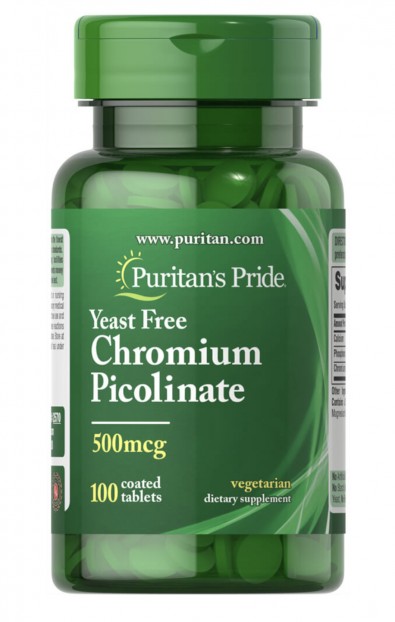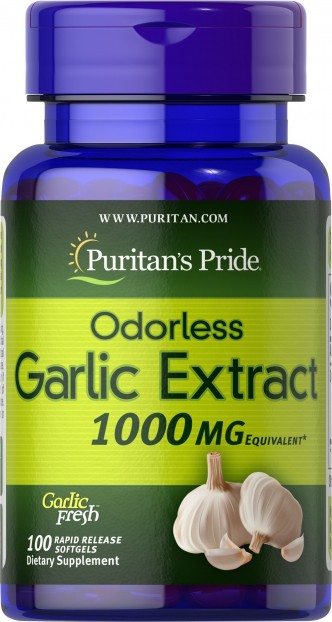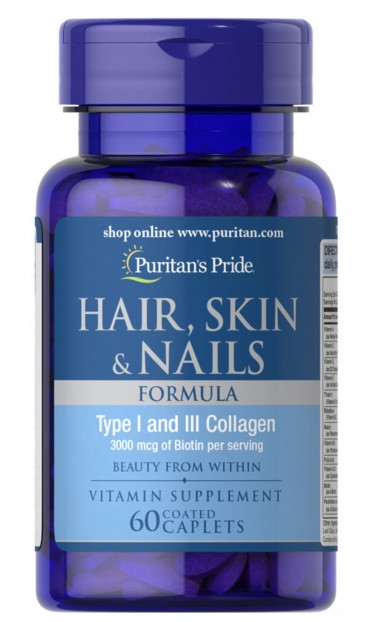Chromium plays a role in the release of energy from cells.**
Chromium supports carbohydrate, fat and protein metabolism.**
Chromium helps maintain healthy blood sugar levels already within a normal range.**
Chromium is a naturally occurring mineral you probably associate with high-priced automobile wheels not dietary health. But a form of chromium known as trivalent chromium is also an essential trace mineral required for the proper metabolism of sugar.
Chromium is needed in extremely small amounts it is called a trace mineral since we need just a trace of it but it cannot be produced by the body as needed. It can be obtained only from what we eat or supplements we take.
The mineral chromium was first identified in Europe in the 1790s, but it wasn't until the 1960s that it was appreciated as an important trace element for human consumption. Interestingly, even today the typical American diet is deficient in chromium; it has been estimated that only 10 percent of Americans get enough chromium in their diets. Why would this be?
One reason is that the particular form of chromium found in many foods the trivalent chromium mentioned earlier is not particularly easy to digest. Also, some of the foods which offer us the richest source of chromium liver, broccoli, and yeast, for instance are not necessarily the most popular foods among Americans. And finally, the high-sugar diets of many people cause chromium to be lost from the body.
Even cooking poses a problem. Chromium simply does not tolerate processing or high temperatures well in fact, only a small percentage of the mineral may survive. In some cases, the culprit is refining. Chromium is found in the bran and germ of whole grains exactly the parts of the grain removed when the granules are processed into white flour.
- Chromium is suitable for all types of diet plans since it supports carbohydrate, fat, and protein metabolism.
- As an essential trace element, chromium is a key component of the glucose tolerance factor (GTF) that works to support your body's use of sugar.
- Chromium can be used as part of your diet to help maintain a healthy blood sugar level already within a normal range.
- Chromium is involved in the release of energy from cells.
- Chromium is involved in carbohydrate metabolism.
- Chromium is an essential trace mineral found in true brewer's yeast.
- There are reports of significant age-related decreases in chromium concentrations which might suggest that older people are more vulnerable to chromium depletion than younger adults.
Functions
- Chromium is particularly important to the metabolism of fats and carbohydrates.
- It is also important in working with insulin (an important hormone for controlling blood sugar level) and for moving blood sugar (glucose) into cells where it can be used for energy. Chromium is vital for maintaining blood sugar balance due to its role in the formation of a compound known as GTF (Glucose Tolerance Factor).
- It activates enzymes which drive numerous chemical reactions required for overall health.
- Chromium is involved in the metabolism of nucleic acid needed to build DNA.
Sources
Good sources of chromium include:
|
|
|
|
|
|
|
|
|
|
|
|
|
|
|
|
The structure function claims made on this website have not been evaluated by the Food and Drug Administration. These dietary supplement products are not intended to diagnose, treat, cure, or prevent any disease.



